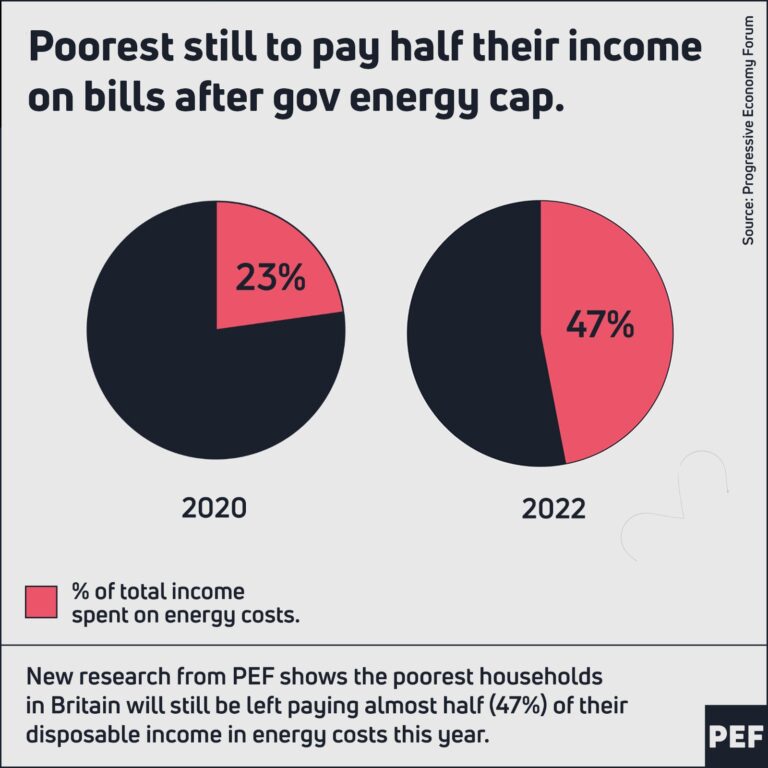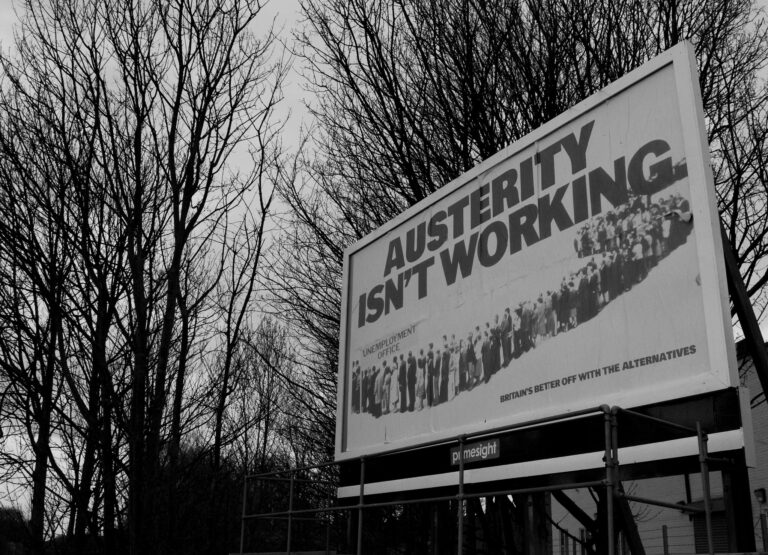Since the 1980s, when financial markets were deregulated, fiscal tightening has been the policy response to the fall-out from the collapse of a succession of increasingly serious asset bubbles – the 2008 financial crisis simply being the most recent of these. The idea is that when government deficits and debt are high, the logical response is to cut public spending or raise taxes in an effort to bring them down. Most recently, this fiscal tightening has taken the form of austerity – cuts to spending on public services, which have disproportionately hurt the worst off.
This is in sharp contrast to the decades before, when fiscal tightening was used at the top of the economic cycle to cool an over-heating economy and curb inflation – and curiously, asset bubbles and financial crises were very rare.
The timing of fiscal tightening, though, also has a strong political dimension: whilst it is clear from experience that such policy will deepen and lengthen a recession – but can have beneficial effects on an economy in expansion – this will always be a tricky idea to sell.
The reason for this is made all too clear in a 2007 Financial Times interview – at the height of the boom before the 2008 financial crisis – when the then CEO of Citigroup, Chuck Prince, said: “When the music stops… things will be complicated. But as long as the music is playing, you’ve got to get up and dance. We’re still dancing.” Similarly, in a speech at Mansion House, in June 2007, the then UK Chancellor Gordon Brown famously told the audience that the City of London was entering “an era that history will record as the beginning of a new golden age”.
This, however, is only half of the problem. Whilst attitudes like these make it difficult to find support for tight fiscal policy during the boom, a recession will immediately make government accounts look much worse. And this generates pressure to “do something about it” – often resulting in poorly-timed, and hence, counter-productive, austerity.
The persistence of austerity as an idea and a policy therefore owes far more to human emotions – or, as Keynes branded them, “animal spirits” – than it does to sound economics. It offers an apparently obvious solution to the problem of high levels of public debt, and is an easy idea to sell: if you have too much debt, stop spending so much.
Austerity also resonates with ethical and moral attitudes about debt – often being considered the “pain” required after the excesses of “immoral” over-consumption, spending and accumulation of debt have been revealed.
This rather simplistic view of austerity, however, fails to consider the radically altered dynamics of public finances since the late 19th and early 20th centuries, when governments assumed increasing responsibility for social security; and income tax became an important source of public revenue. Prior to this, governments mostly accumulated debts as a result of wars. Thus, likening a state budget to that of a private household or business made far more sense then than it does today.
Now that social welfare forms an important part of the state’s budget (the costs of which tend to increase during recessions) and the government relies on income taxes for its revenues (which tend to fall when the economy is in a slump), the analogy no longer makes economic sense.
It is important that any fiscal tightening is effected in a progressive way, such that “those with the broadest shoulders” bear the greatest burden. Similarly, the power of the financial sector must be curtailed to dampen the amplitude of our economic cycles.
But at some point tightening will be necessary, and a more constructive way of thinking about the timing of it is that “prevention is better than cure”. When an economy is over-heating and an asset bubble is inflating, it is better to tighten policy then, rather than waiting until the bubble bursts and trying to deal with the much more spectacular, disturbing, and costly consequences.
Photo credit: Flickr / Michael Gwyther-Jones.








